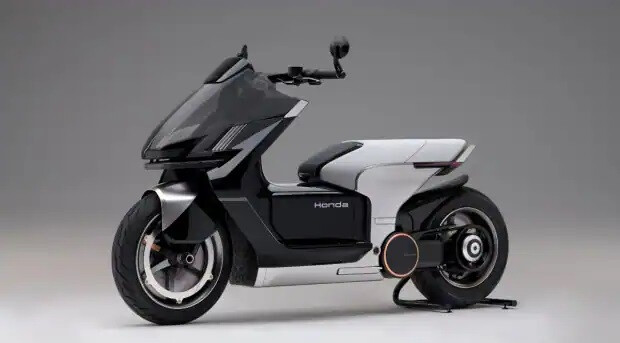
Honda Motor Co.'s recent announcement of a dedicated electric motorcycle plant in Bengaluru, India, signals a significant strategic move in the world's largest two-wheeler market. Slated to begin operations in 2028, this new facility underscores Honda's commitment to capturing a larger slice of the Indian pie, particularly in the burgeoning electric vehicle (EV) segment.
India's motorcycle market is a behemoth, boasting annual sales of roughly 20 million units. Honda, already a major player, faces stiff competition from established local manufacturers. The push for electric motorcycles, championed by the Indian government, adds another layer of complexity – and opportunity. Honda's investment in this dedicated EV plant is a clear indication they intend to be at the forefront of this electric revolution on two wheels.
While details regarding investment figures and production capacity remain undisclosed, the focus on models equivalent to 110cc engine displacement suggests Honda is targeting the mass market. Furthermore, the plant's designation as an export hub hints at ambitions beyond the Indian market, potentially positioning Honda to serve other developing economies.
The timing of this announcement coincides with the unveiling of Honda's two new electric motorcycle prototypes in Japan. The planned 2025 launch of a sports model demonstrates Honda's commitment to innovation and its intention to offer a diverse range of electric options. This global perspective, coupled with the focus on India, reveals a well-defined strategy.
As Honda executive officer Minoru Kato aptly stated, the company's focus is squarely on expanding its presence in India, a market ripe with potential due to its projected population growth and economic development. This makes perfect business sense. Honda's motorcycle division is a powerhouse of profitability, boasting significantly higher operating margins than its automobile counterpart. Leveraging this strength to capitalize on the Indian market's growth trajectory is a shrewd move.
Honda's current 40% global motorcycle market share is impressive, but their ambition to reach 50% in the long term underscores their drive for dominance. Investing in India's electric motorcycle future is not just a gamble; it's a calculated bet on a market poised for explosive growth. Whether this bet pays off remains to be seen, but Honda's history of success in the two-wheeler segment suggests they are well-positioned to ride the wave of India's electric revolution. The road ahead may be challenging, but Honda appears ready to accelerate towards a future where electric motorcycles rule the streets, particularly in the vibrant and dynamic market of India.
[Copyright (c) Global Economic Times. All Rights Reserved.]






























